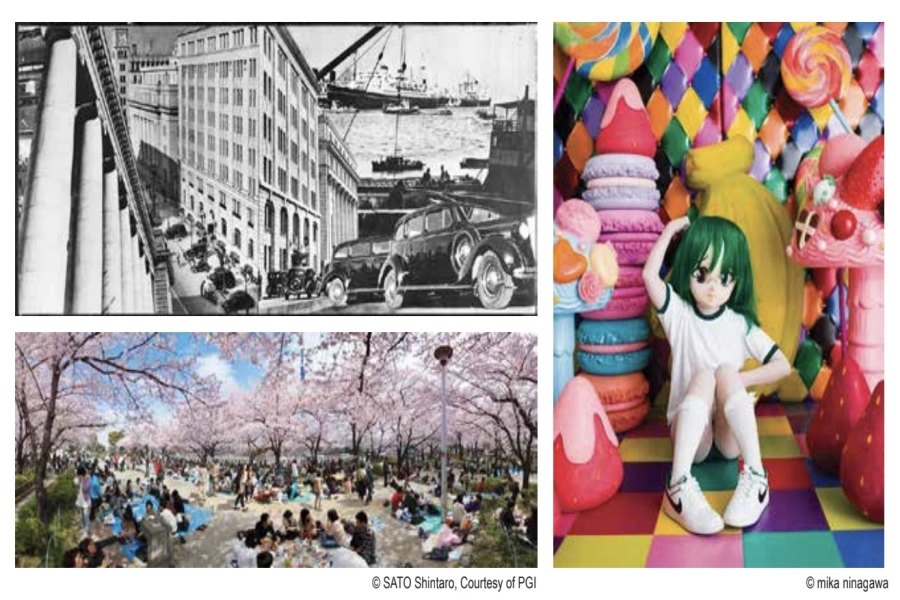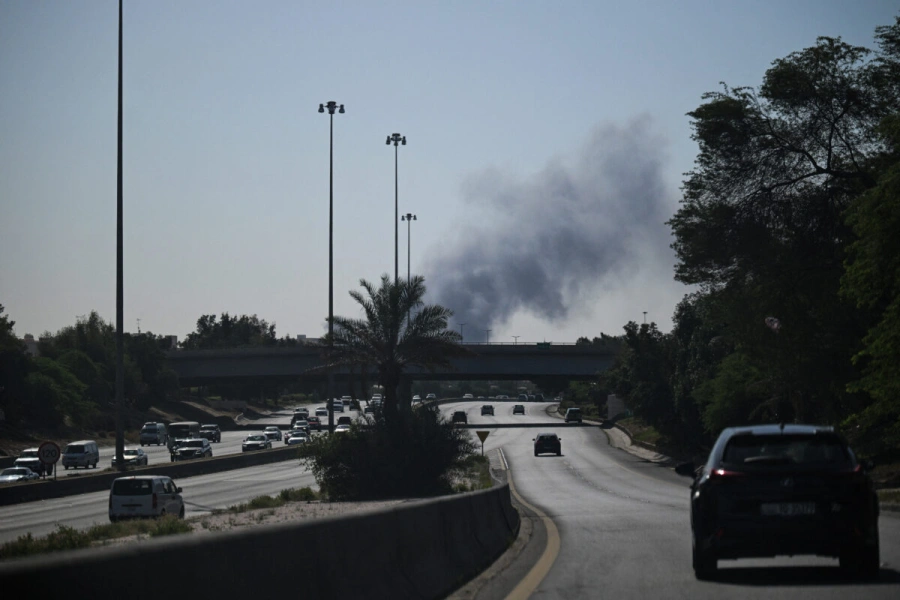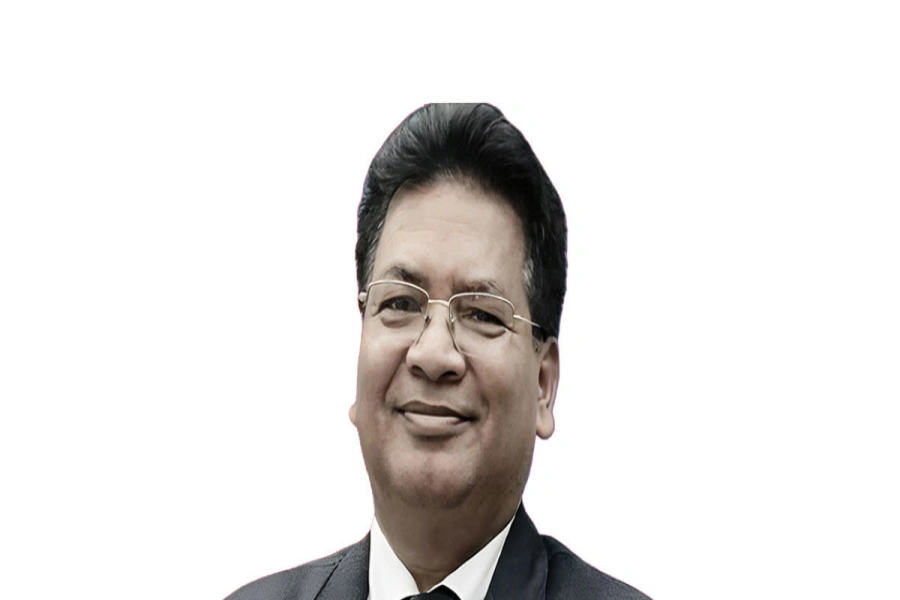KATHMANDU, Jan 26: Two weeks before the expiry of the terms of two crucial transitional justice (TJ) commissions, the government is preparing to hold nation-wide consultations with major stakeholders including conflict victims about the future the transitional justice process.
Before starting consultations, top bureaucrats from the Prime Ministers' Office (PMO) and law ministry held an informal meeting with conflict victims and sought their support for holding such consultations in all seven provinces.
The government wants to hold consultations in the presence of stakeholders prior to tabling an amendment bill prepared to revise the Enforced Disappearance Enquiry, Truth and Reconciliation Commission Act-2014 before the term of the two TJ bodies expires on February 9. With the expiry of the law, also the terms of the two TJ bodies-Truth and Reconciliation Commission (TRC) and the Commission of Investigation on Enforced Disappeared Persons (CIEDP)- will expire on the same day.
Reviewing transitional justice

Conflict victims united under the banner of Conflict Victims' Common Platform (CVCP) have turned down the government's proposal. Saying that their support would be conditional, the victims said they could be the part of consultations only when the government forms a mechanism comprising conflict victims, leaders of major political parties, leaders of civil society organizations and experts and finalizes the content of bill and major TJ policies.
“Let's first form the mechanism. We can then finalize the modality of the TJ process, timeline and other issues,” said Bhagiram Chaudhari, who heads the CVCP. “Otherwise, we can't be the part of consultation just for the sake of consultation.”
Ramesh Dhakal, secretary at the TRC, said the government has started informal discussion with the stakeholders and will hold formal consultations in all seven provinces for seeking their inputs in TJ process. “We are finalizing methodology of consultation soon,” said Dhakal.
The proposal of holding consultation from the government comes a day after the western powers and United Nations jointly sought transparency over Nepal's TJ process. Yet, the government is in a fix over TJ process in settling over 63,000 conflict-era cases registered in the TRC and CIEDP.
In June last year, a group of government officials and lawyers had drafted the bill to revise Enforced Disappearance Enquiry, Truth and Reconciliation Commission Act formulated in 2014. The amendment bill, which prioritized reconciliation, had proposed community service instead for those implicated in conflict-era crimes.
The amendment bill was then rejected by the conflict victims and stakeholders including the UN. A group of government officials and legal experts have been working to finalize the same bill accommodating the suggestions of stakeholders. Conflict victims say the government wants to hold consultations among stakeholders just to legitimize the same bill.
“Without reforms in the existing commissions and a package deal on the modality of resolving the conflict-era cases, mere consultation will not work,” said another conflict victim Suman Adhikari adding, “We can't be the part of this consultation unless responsibilities of government and commissions are determined.”
Conflict victims united under the banner of the CCVP have been advocating to reconstitute the existing TJ bodies, arguing that these had failed in both establishing the truth and prosecuting the human rights violations despite that they worked for four years.




































